Ever find yourself in the grocery aisle, staring at labels, and thinking, “If this isn’t organic or non-GMO, should I even be eating it?”.
You’re not alone! As a Registered Dietitian, I see so many people fall into the all-or-nothing mindset, where only certain foods feel “acceptable,” and everything else feels totally off-limits.
Newsflash: health isn’t about perfection, and perfection isn’t even attainable.
Let’s bust some of the biggest myths about organic and GMO foods and I’ll help you eat without stress, because your grocery trips (and your brain) deserve a break!
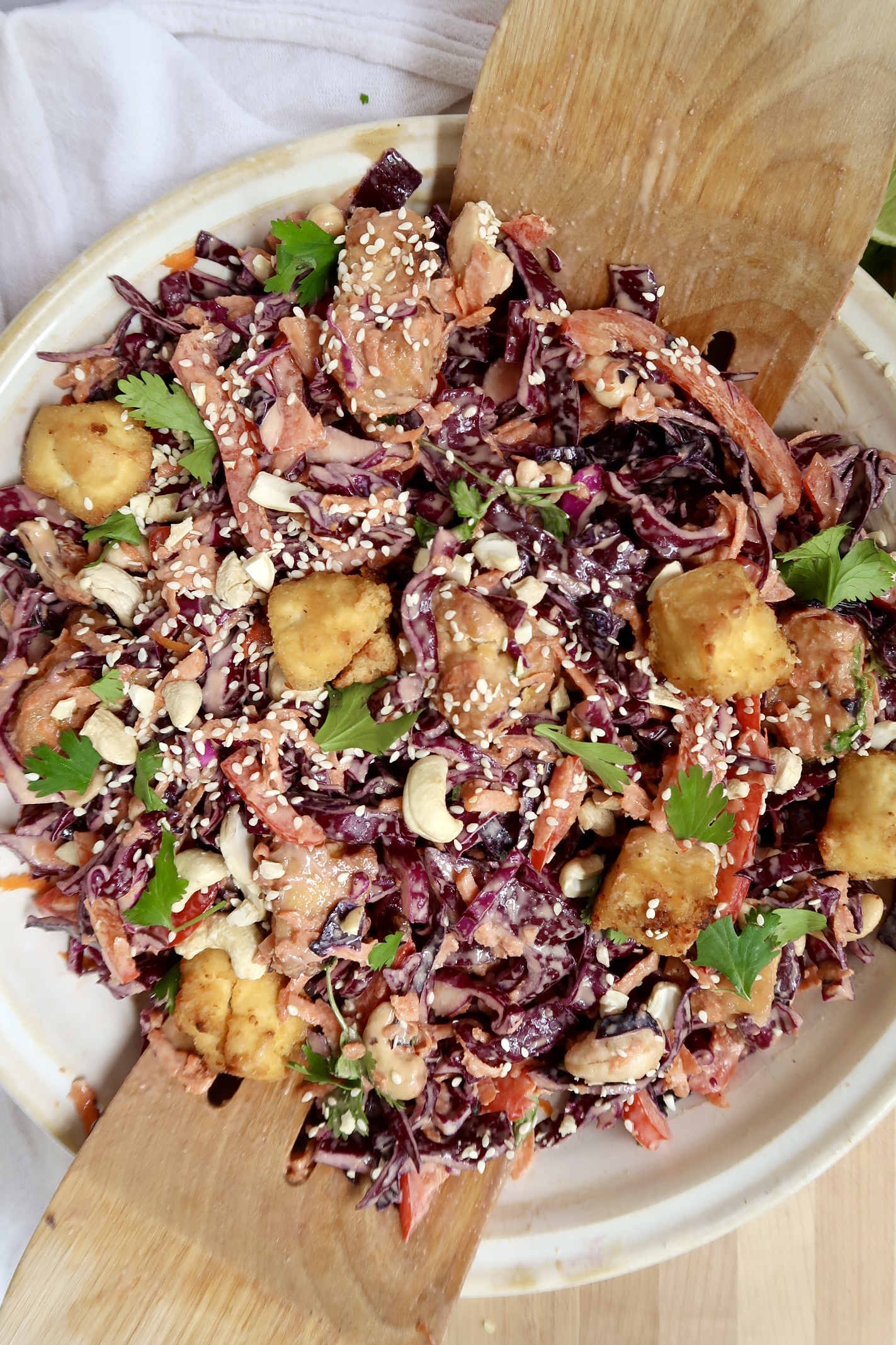
Organic Doesn’t Mean ‘Healthier’
While organic foods are grown without synthetic pesticides or fertilizers, that doesn’t mean they’re totally pesticide-free. Organic farmers can still use naturally derived pesticides, and whether they’re natural or synthetic, Health Canada’s Pest Management Regulatory Agency makes sure strict safety standards are in place so they’re used safely.
And here’s the wild part: even when pesticide residues are found, they’re in such tiny amounts that they don’t pose any health risk. For example, a woman could eat over 13,000 servings of conventionally grown blueberries every single day without any effects from the residues. So, safe to say your morning smoothie is totally fine.
Here’s a shocker: choosing organic over conventional doesn’t automatically mean you’re getting more nutrients. That pricey organic kale doesn’t necessarily have more vitamins than its conventional counterpart.
Research shows that vitamin and mineral levels are pretty similar in both, so there’s no need to stress over labels.
What really matters is eating a variety of colorful foods, aiming for about half your plate to be fruits and vegetables, and truly enjoying what you’re eating, like in my Crunchy Cabbage Sesame Ginger Salad!
Believing otherwise can lead to food guilt or the feeling that you must eat only organic to be healthy.
Spoiler: you don’t. You can enjoy my Rosemary Kale Salad with Apple using conventionally grown produce completely guilt-free!
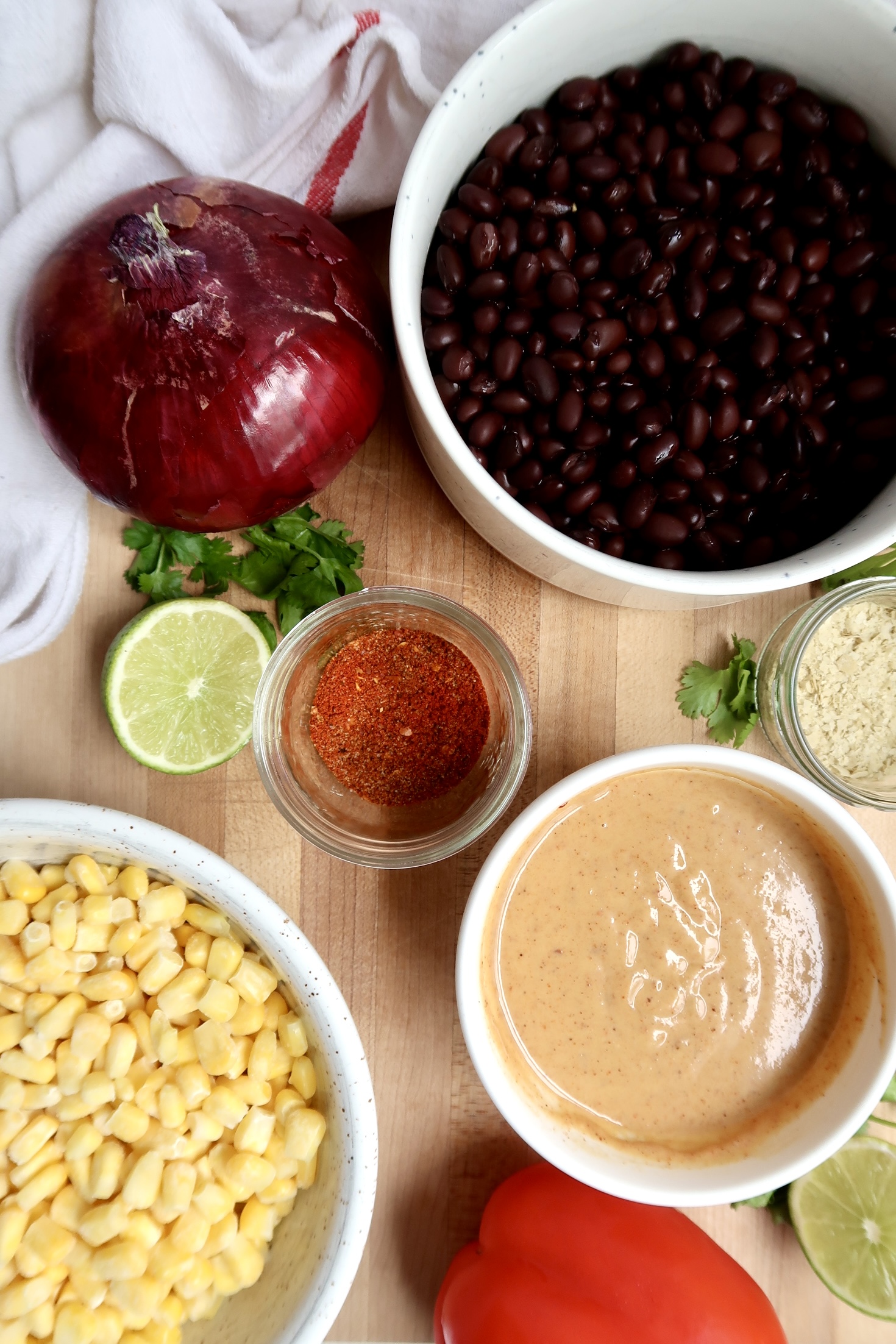
Are GMOs Unsafe to Eat?
Let’s talk about these scary-sounding letters: GMO.
GMOs (or Genetically Modified Organisms) are plants created using genetic engineering, which is basically a modern version of plant breeding. In Canada, there are only five GMO crops grown commercially: corn, canola, soybeans, sugar beets, and alfalfa. Globally, there are fewer than ten others, so it’s not nearly as widespread as people often think.
Even though GMOs sometimes get a bad rap in headlines and on social media, decades of research from trusted health and regulatory bodies, including Health Canada and the WHO, show that GMOs are completely safe to eat and just as nutritious as conventional foods.
On top of that, GMOs can actually help make our food system more sustainable by making crops more resilient to pests and climate change, improving the efficiency of fertilizers and pesticides, and even keeping food more affordable by reducing crop losses.
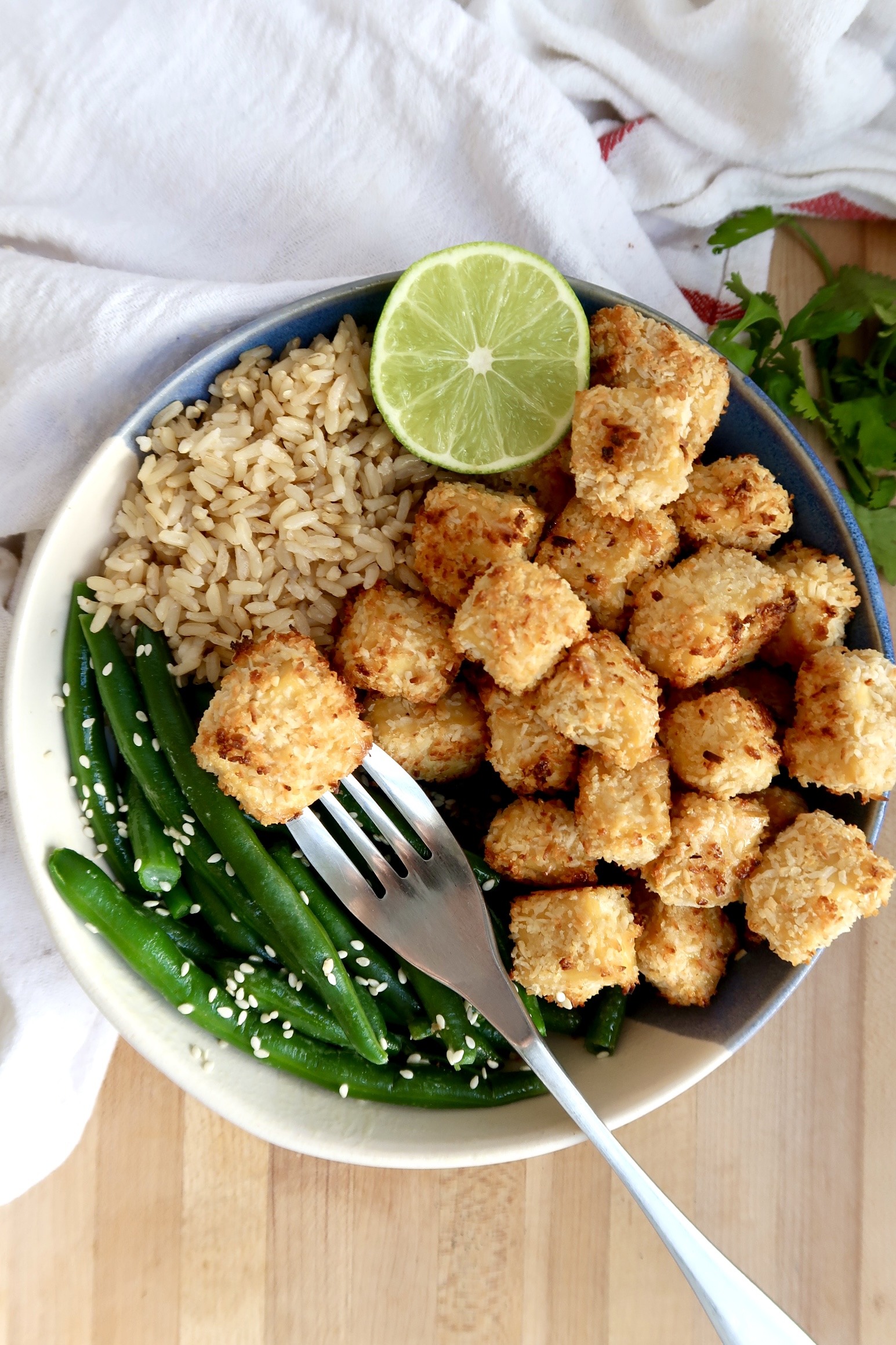
Non-GMO Or Organic Automatically Equals ‘Healthy’
Here’s another myth to ditch: just because something is non-GMO or organic doesn’t automatically make it nutritious.
A non-GMO chocolate bar is still candy.
Organic chips? Still chips.
And sadly, non-GMO cookies are still cookies.
Believing that something labeled as organic or non-GMO means it’s healthy can reinforce the all-or-nothing mindset and make you feel guilty when you indulge in something “imperfect.”
It’s also worth noting that GMOs aren’t actually required tro be labeled in Canada, since mandatory labelling is only required when it could impact nutrition or safety of a food product. Since GMOs don’t actually pose a health risk, they don’t need to be labelled!
Real health comes from overall patterns, variety, and enjoying your food, like including foods rich in protein, fiber, fat, fruits and veggies into your everyday diet, not from a label or a certification on the package.
A Dietitan’s tip: If it makes you happy and satisfies your hunger, it’s doing its job. Sometimes that’s my honey garlic glazed carrots, sometimes that’s chocolate. Both can fit in a balanced life.
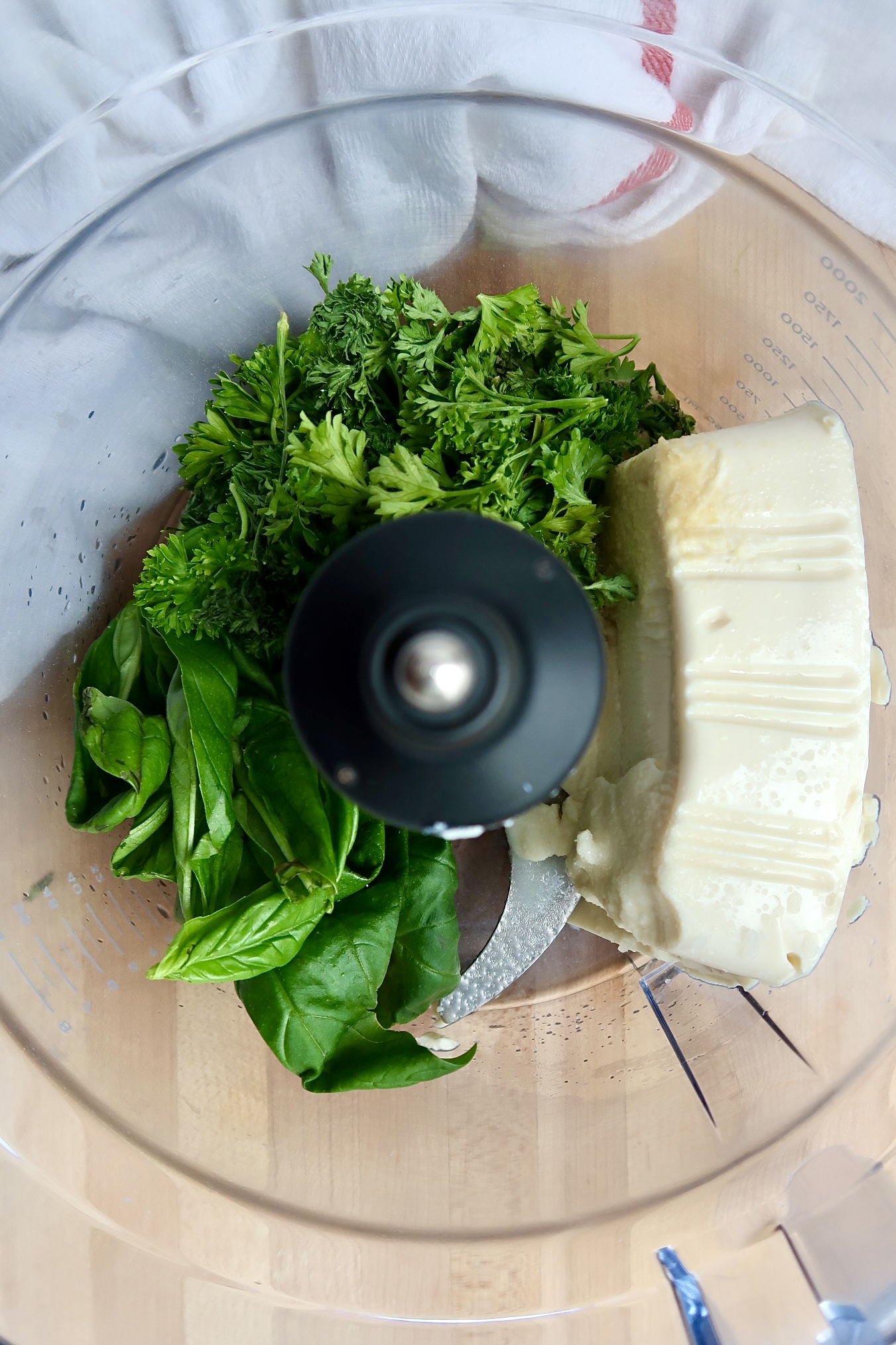
A More Balanced Approach
Instead of stressing about perfection, try this:
- Eat what you actually like: Fruits, veggies, grains, protein… organic or not. If you enjoy it, it counts!
- Think big picture, not one bite: One meal or snack won’t make or break your health. Patterns over time are what matter.
- Mix it up: Different colors, textures, and flavors keep meals fun, satisfying, and nutritious.
Breaking free from the all-or-nothing mindset means less stress, less food guilt, and more enjoyment at mealtime. You can eat well, nourish your body, and still enjoy the occasional snack without anxiety.
Remember: even small, mindful choices add up. Eating a variety of foods you enjoy is better for your health than stressing about every single label in the store!
*This blog post has been kindly sponsored by CropLife Canada. As always, all opinions are my own.

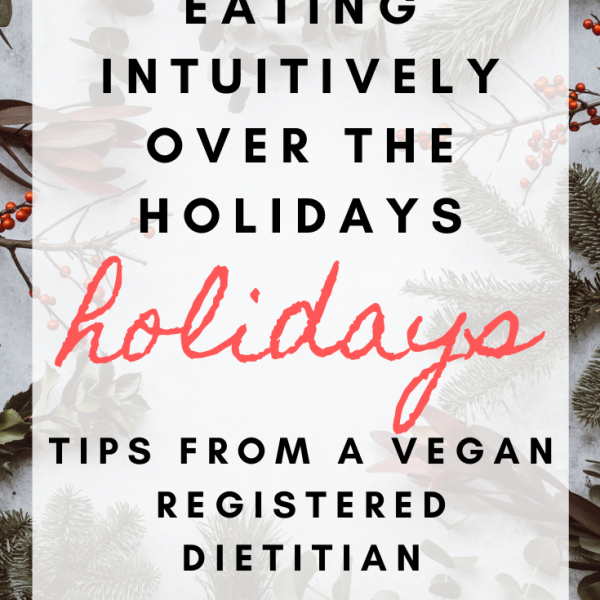

Leave a Reply